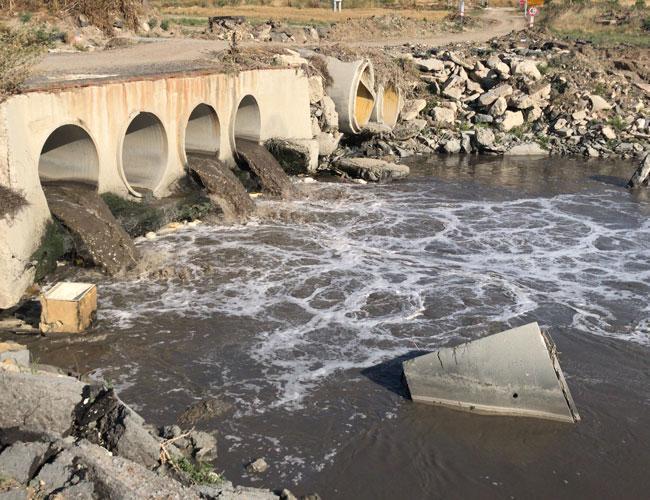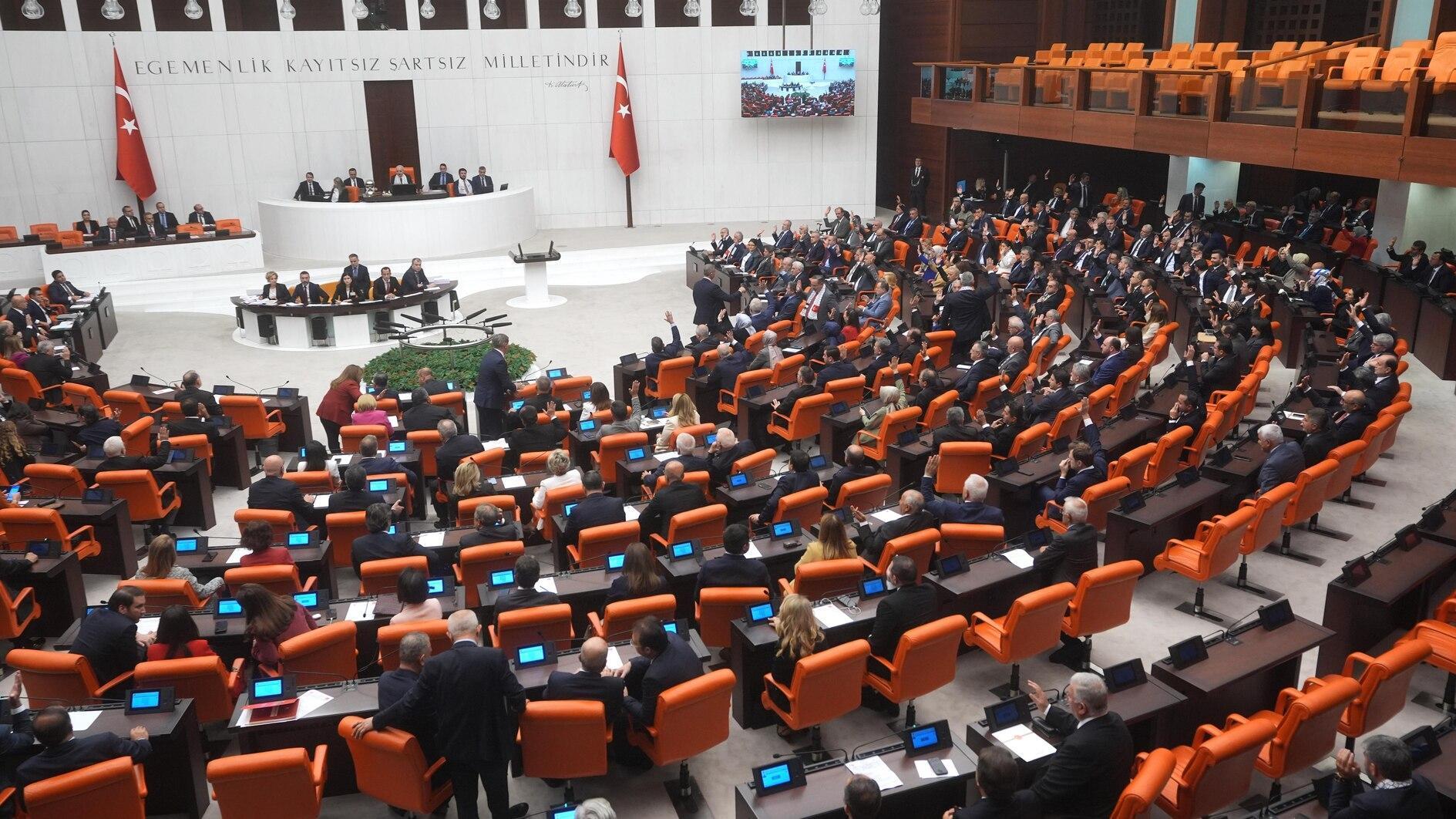Cancer incidents rising in Turkey’s Ergene River Basin due to industrial pollution: Experts
ISTANBUL

Heavy metal pollution at the Ergene River Basin in northwestern Turkey has led to a visible increase in cancer incidents among local people in recent years, according to experts.
The area of the basin, located within the boundaries of the provinces of Tekirdağ, Kırklareli, and Edirne, is home over 1 million people.
There are currently 2,600 industrial plants in the basin, which are discharging their industrial waste into the Ergene River, daily Habertürk reported on July 4. Accordingly, experts now define the river as Turkey’s fourth most polluted river, with the water quality not considered to be clean enough for any use.
The Ergene River is one of the most important water sources in the Thrace region, but because many chemicals are discharged into the river without proper treatment both the environment and local people are facing a serious threat. Experts say this is largely due to the inadequacy of residential and industrial treatment plants, as well as the proliferation of illegal dumping in the region.
“Analysis of water samples taken from the river shows that 1,061 of the chemical substances discharged into in the river were heavily carcinogenic, including cadmium, which is a very dangerous cancer-causing metal,” Trakya University Rector Prof. Dr. Osman İnci told Habertürk, describing the Ergene River as “industrial sewage.”
“Cadmium is found three times above the normal level in patients with tumors who are living around the river. Other than cadmium, heavy metals such as lead, nickel, copper, zinc, and cobalt are also found in the river,” İnci said.
“If they want the problem to be solved, industrial plants will not discharge their wastes to the river. If the river was left to itself for 20 years [without being polluted] it would recover itself,” he added.
The environmental NGO Trakya Platform also commented on the issue, with its spokesman Bülent Kaçar saying the region is now “full of cancer patients” but they do not know the exact number as the authorities do not release official figures.
The number of cancer patients who registered at Trakya University Balkan Hospital’s Dept. of Oncology have reportedly steadily increased from 2010 to 2017, up from 1,739 to 2,150 cases.
The department head, Prof. Dr. İrfan Çiçin, on the other hand said it was wrong to make a definite connection between the industrial pollution and cancer incidents, and “additional epidemiologic studies” were needed to make such a conclusion.
There is no yet an official figure to clear the discussion on whether there has been an increase in cancer incidents at the Ergene Basin.
The Health Ministry previously initiated a project to determine the pollutant sources and their effects on public health. The ministry said their analysis was still ongoing and they would release the results in the upcoming months. When the project is completed, software will be developed to manage the water quality of the basin.
The Health Ministry further noted that the most recent official data on cancer incidents in Turkey belonged to 2014, but “when the data of the last five years are looked at, there is no increase or decrease in cancer frequency.”
“Everyone is doing research in their own way. But the side that will give the fundamental data on this issue is the Health Ministry,” said Forestry and Water Affairs Minister Veysel Eroğlu.
















